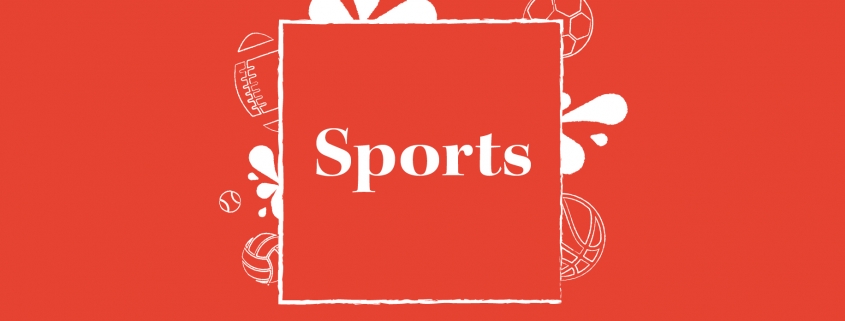Behind the Jersey: Student-athletes deserve safe space for advocacy in college
The United Black Student-Athletes Association was founded following the brutal and graphic murder of George Floyd in May. Shocked by continual brutality and fed up with the constant disregard for Black people in America, several student-athletes banded together to form an organization within USC Athletics to advocate for ourselves as Black people, athletes and students. We recognize how being an athlete adds intersectionality to our identities and experiences, and how racist structures are present even within athletic departments.
One of our more tangible goals in the UBSAA is to create a community and safe space within Athletics for student-athletes to convene, discuss and advocate for ourselves and each other. Among our calls to action for the USC Athletic Department were: a statement affirming that USC Athletics stood behind the Black Lives Matter movement, commitment to diversifying the Athletics staff, creating safe and healthy work environments for employees and providing more Black physicians and sports psychologists to help better serve Black student-athletes. At the root of our advocacy is the knowledge that as student-athletes, we have a platform where we can advocate independently.
But, this platform usually exists in a liminal space between our athleticism and education. When we step outside the realm of sports and schoolwork, our platform falls beneath us and we are told to “shut up and dribble.”
To those within the realm of athletics, we exist as a form of income to the university and another statistic to add to prestige. We are stereotyped as spoiled “jocks” who separate themselves from the rest of our campus communities. At the basis of both of these viewpoints is one key dividing factor: our scholarships. Paid tuition for student-athletes equates to equal compensation for our blood, sweat and tears in the university’s opinion. For non-athletes, it’s an unfair advantage. Existing between this crux of opinions is exhausting as it is. But even more tiring is how both views work to silence or diminish any concerns or hardships student-athletes encounter.
We are told that our scholarships are more than enough compensation for our athletic dedication to the school. However, the secondhand scholarship cost is the right to our personal image — we cannot profit or benefit from the promotion of ourselves and our likeness.
These scholarships fail to cover certain school-related costs. Stipends don’t fully cover the cost of living, our scholarships only cover the bare minimum of school credits per semester and often it takes the full effort of an athlete to advocate for the full protection of their scholarship when it comes to tutors, testing fees and even medical care. As a governing body, the NCAA views athletes only as a source of income and the very thing we are supposed to be so grateful for, our free education, is unabashedly threatened and manipulated by this institution if an athlete chooses to transfer. Suddenly, a student who is supposed to be more than grateful for their opportunity to higher education faces the threat of having an entire coast of the country blocked off from them should they choose to transfer from their current institution.
And it continues at an even smaller level. Across athletic departments, microaggressions and racialized gate-keeping tactics form anywhere from the assistant coach level to an athletic director threatening to kick anyone out of the school should they choose to kneel during the anthem. Our fans, supporters and donors get away with hurling slurs at us from the sidelines or via social media. But at the end of the day, we are getting a “full ride,” so we should be more than gracious.
To our peers, classmates and teachers, we are immediately othered the second we walk into class with the identifying student-athlete backpack. Professors often intimidate student-athletes into dropping their classes, assuming that said athlete will not complete assignments and therefore fail the class. For some athletes, coaches advise them away from studying certain majors — effectively derailing their futures.
Our peers who take the same classes and exams as us regularly diminish any academic prowess a student-athlete may or may not possess. They claim we exist only within the bubbles of our sports — our admission was circumstantial, our intelligence inconsequential and any hardship is diminished.
Cycling through this dichotomous campus existence, most forget to factor in any other parts of our being. When we begin advocating for ourselves, particularly outside the realm of our sports and schoolwork, we face belittlement, retaliation and the potential loss of our scholarship. Suddenly, we are advocating for these civil justice movements only because they’re “trending” in the media and not because of the fact that outside of the context of campus, we are just Black, and the “privileges” afforded to us as student-athletes become moot points. Within the UBSAA, our goal is to better the student-athlete experience and address racism and inequality within our own department and on campus.
Candice Denny is a senior middle blocker on the USC women’s volleyball team. She is writing for “Behind the Jersey,” a rotating column among members of USC’s United Black Student-Athletes Association. The column runs every other Wednesday.

